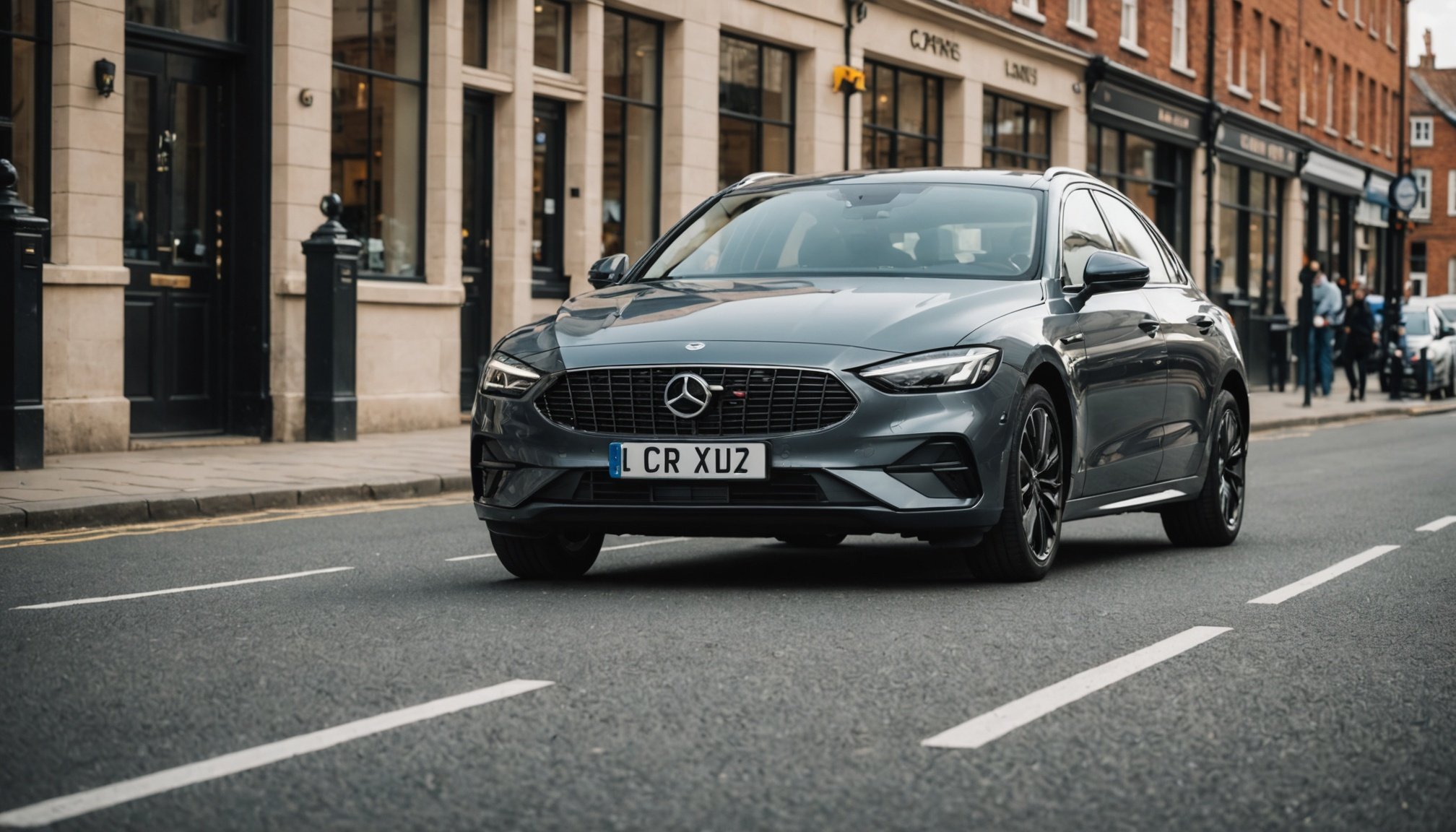Choosing the right way to acquire a vehicle is a significant decision for many in the UK. With the options of leasing or buying a car, it’s essential to weigh the benefits and drawbacks of each method. Understanding your personal or business needs, financial situation, and driving habits can guide you toward the right choice. This article will provide clear insights into the leasing and buying processes, the costs involved, and essential factors to consider before making a commitment.
Understanding Car Leasing
Leasing a car is akin to renting, where you pay to use a vehicle for a specified period, typically two to four years. At the end of the lease term, you return the car to the dealership. One of the main advantages of leasing is the lower monthly payments compared to buying. This option allows drivers to access new vehicles with more features and better performance without the hefty price tag. Additionally, lease contracts often include warranties, meaning you won’t have to worry about maintenance or repair costs during the lease term.
Additional reading : What should you do if you accidentally run out of fuel while driving?
However, leasing also comes with certain restrictions. For instance, most lease agreements impose a mileage limit, usually between 10,000 to 15,000 miles per year. Exceeding these limits can lead to additional charges. Furthermore, customizing or modifying the vehicle is generally not permitted, as it needs to be returned in its original condition.
When considering leasing, it’s crucial to review the lease contract thoroughly. You should understand the terms, including early termination fees and any potential costs at the end of the contract. For those who enjoy driving newer models without the worries of long-term ownership, leasing may be an appealing option. However, if you drive extensively or prefer to own your vehicle outright, it could be worth exploring other alternatives.
Also to see : What should you keep in your car emergency kit for unexpected situations?
The Benefits of Buying a Car
Buying a car outright means you own it entirely, which carries its perks. Once you’ve paid for the vehicle, you no longer have to worry about monthly payments or mileage limits. This freedom allows you to drive as you please and modify the car to suit your preferences. Moreover, as you continue to use the vehicle over the years, the costs of ownership can decrease significantly once the car is paid off.
Another advantage of buying is that you build equity in the vehicle. Unlike leasing, where you return the car at the end of the term, ownership means you can sell or trade in the vehicle when you choose. This can potentially offset the costs of your next purchase or lease. Furthermore, buying a car can be more financially advantageous in the long run, especially if you keep it for several years after the purchase.
On the downside, purchasing a car often requires a larger upfront payment and higher monthly payments compared to leasing. Depending on your credit history, the financing terms may vary significantly. Additionally, as the vehicle ages, maintenance and repair costs may increase, impacting your budget. For those who prefer the stability of ownership and don’t mind longer-term financial commitments, buying a car could be the ideal route.
Evaluating Financial Implications
When deciding between leasing and buying, consider the financial implications associated with both options. Leasing tends to appeal to those who prioritize lower initial costs and want to drive a new car every few years. The initial deposit for a lease is generally lower than that for buying, which can ease the burden on your finances. However, it’s essential to remember that leasing does not build any equity; your payments go towards using the vehicle rather than owning it.
For buyers, financing a car typically involves taking out a loan, which requires careful consideration of interest rates and potential loan terms. If you have good credit, you may secure favorable financing options. However, poor credit can lead to higher interest rates and costs over the term of the loan. Buyers should also factor in additional expenses such as insurance, maintenance, and taxes associated with vehicle ownership.
Another financial aspect to evaluate is the potential depreciation that occurs with all vehicles. Cars lose value over time, and this depreciation affects both leasing and buying. However, when leasing, the depreciation is built into your lease payments, and you won’t have to worry about the resale value. Conversely, if you purchase a vehicle, understanding its resale value is crucial for future financial planning. Weighing these financial factors can help you make a more informed decision.
Assessing Your Driving Habits
Your driving habits play a critical role in determining whether leasing or buying is the right option for you. If you frequently travel long distances or have a job that requires you to drive significant miles, purchasing a vehicle may be the better choice. Leasing often comes with mileage restrictions, and exceeding these limits can result in costly fees at the end of the lease term.
For those who drive less regularly or prefer to drive new models every few years, leasing could be advantageous. With lower monthly payments, leasing allows you to enjoy a vehicle with the latest technology and features without a long-term commitment. Additionally, if you enjoy changing vehicles often, leasing offers the flexibility to switch cars every few years without the hassle of selling or trading in.
Consider your lifestyle and how often you will use the vehicle. If you often find yourself needing a vehicle that can handle larger loads or specific tasks, buying may provide the necessary flexibility. On the other hand, if you primarily use your vehicle for short commutes and weekend adventures, leasing might suit your needs better. Assessing your driving habits will guide you toward a solution that aligns with your lifestyle.
In conclusion, deciding between leasing or buying a car in the UK requires careful consideration of your financial situation, driving habits, and personal preferences. Each option has its advantages and disadvantages, and what works for one person may not be suitable for another. Whether you opt for the flexibility of leasing or the ownership of buying, it’s essential to do thorough research and understand your needs before committing to a contract. By considering all factors involved, you can make a more informed decision that aligns with your lifestyle and budget.











